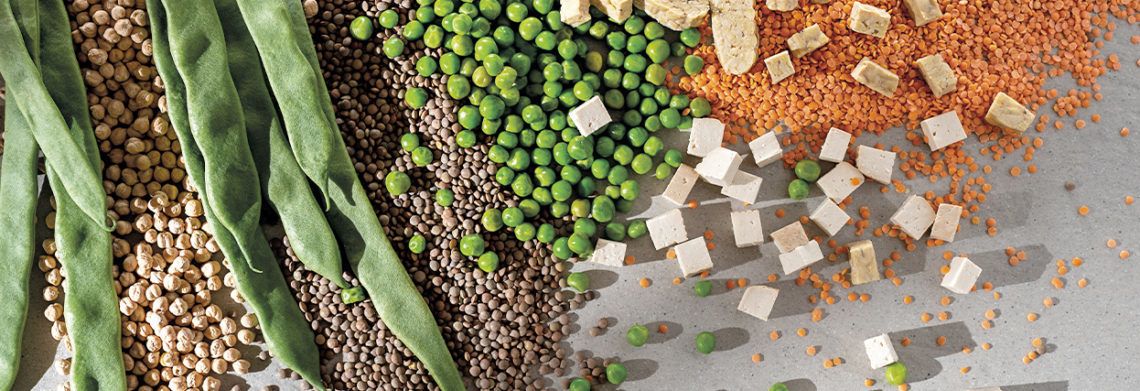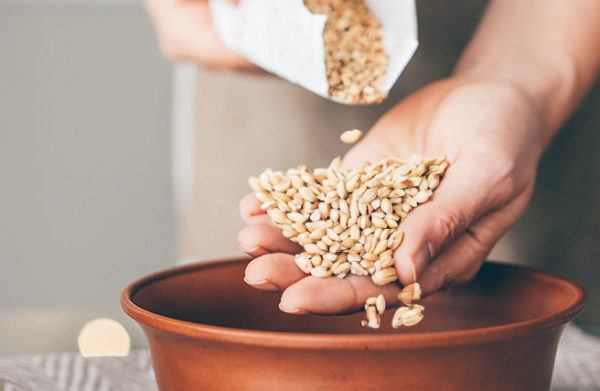
SHA Magazine Healthy Nutrition
Vegetable protein? Is it as beneficial as that of animal origin?
Legumes such as chickpeas and lentils. Seeds and nuts such as walnuts, almonds, chia seeds and pumpkin seeds. Whole grains such as quinoa, bulgur and oats. Green leafy vegetables such as spinach and kale, as well as tofu and tempeh. All are on the list of vegetable proteins that are gaining the attention of nutritionists as a healthy and sustainable alternative to animal protein sources. Plant-based diets are being extensively studied by scientists to determine the extent of the health and wellness benefits of vegetable proteins.
As well as offering a wide range of essential nutrients such as fibre, vitamins, minerals and antioxidants, vegetable proteins are generally easier to digest than animal proteins. In addition, their fibre content helps maintain a healthy digestive system and prevents constipation.
Numerous studies suggest that a higher intake of vegetable protein is associated with a lower risk of chronic diseases, including heart disease, type 2 diabetes and certain types of cancer. The presence of antioxidants in vegetable proteins may also contribute to prevention.
Weight control is the other major benefit of plant-based proteins, as they are generally lower in calories and saturated fat than animal proteins. In addition, their high fibre content can provide a quicker feeling of satiety which helps to reduce overall food intake.
Another advantage is that these proteins fit into a variety of diets, including vegetarian, vegan and omnivorous diets. They are therefore a versatile option to suit many dietary preferences and restrictions.
Eating vegetable protein also has an added benefit, as it has a direct impact on the environment. The production of vegetable proteins generally requires fewer natural resources, such as water and land, and generates fewer greenhouse gas emissions, contributing to the sustainability of the planet.
María Romeralo, a nutrition consultant at SHA Wellness Clinic, points out that one of SHA’s missions is to teach guests about the wide variety of vegetable proteins that exist and how they can be combined in very tasty and appetising dishes. “For me, quality vegetable proteins are legumes: lentils, beans, peas, chickpeas; and then there are products that come from the fermentation of soya such as tofu and tempeh, which are also of natural origin and are of high quality. Then there is another range of foods such as sausages and veggie burgers that have ingredients we don’t know about and take a long time to digest. I would not recommend those. For me there is only real food or fake food”.





